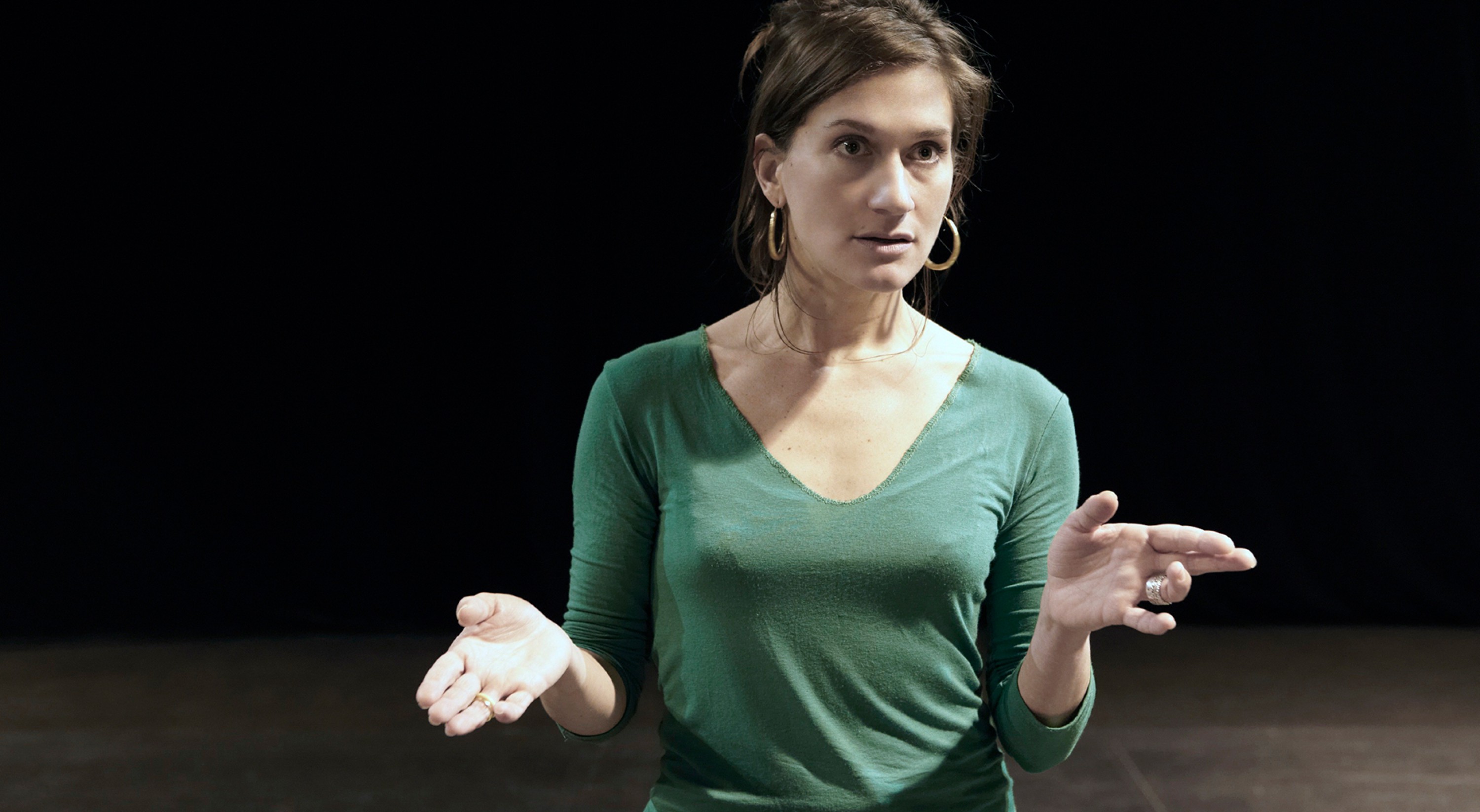Encyclopédie de la parole
Joris Lacoste – Parlement
octoberoct 8 – 14
Concept, Encyclopédie de la parole
Composed and directed by Joris Lacoste
Collaboration, Frédéric Danos et Grégory Castéra
With Emmanuelle Lafon
General manager, Sound, Stéphane Leclercq
Produced by Echelle 1 :1
Coproduced by Fondation Cartier pour l’art contemporain (Paris) ; La Villette (Paris) ; and Festival d’Automne à Paris
In association with Théâtre de la Bastille (Paris) ; and Festival d’Automne à Paris
First performed on the 6th June 2009 at Fondation Cartier (Paris) as part of the Soirées Nomades event
Echelle 1:1 is accredited by the Ministère de la Culture et de la Communication / DRAC Île-de-France and receives financial assistance from Région Île-de-France
In partnership with France Culture
Parlement, created in 2009, the Encyclopédie de la parole’s first piece of work could conceivably be viewed as a manifest: for a living library of orality, a theatre of language exactly as it is spoken, an actor, spokesperson or carrier of words who creates mental images, and an active and constantly renewed form of listening.
Parlement is a solo piece written for Emmanuelle Lafon based on a selection of extracts from the Encyclopédie de la parole corpus. Its score encompasses a wide variety of recordings ranging from the plea, answerphone message, political speech, poetic declamation, advert, sitcom extract, and religious preaching to that of the sports commentator… By concentrating the words of a hundred speakers in the body and voice of a single performer, Parlement produces a real-size sample of the diversity of oral forms. Proffered with neither transition nor crescendo, this sampling effect generates discourse of a transformationalist and poetic nature which makes us see images in what we hear. With Parlement, a benchmark performance of impressive simplicity and efficacy, an original form of dramaturgy specific to encyclopaedias is put in place: the sound documents, regrouped in the first instance in terms of their rhythmic and musical qualities, provide the basis for theatre writing built upon the editing and composition not of text, but sounds. Between the effects of recognition and irony of the off-beat situations, we are served up with the disturbing strangeness of our commonplace spoken words, and indeed, and of the world.
See also
In the same place

